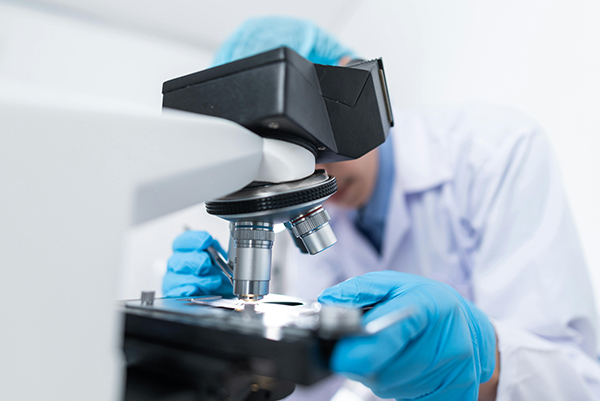
Understanding Infectious Diseases
Infectious diseases can be transmitted through direct contact with an infected person, through airborne particles, by touching contaminated surfaces, or through vector-borne spread such as mosquitoes. Common infectious diseases include the flu, common cold, hepatitis, and gastrointestinal infections.
Hygiene Practices
1. Hand Hygiene:
- Regular hand washing with soap and water is one of the most effective ways to prevent the spread of infections. It’s particularly important before eating, after using the restroom, and when returning home from public places.
- Use alcohol-based hand sanitizers when soap and water are not readily available.
2. Respiratory Hygiene:
- Cover your mouth and nose with a tissue or your elbow when coughing or sneezing.
- Dispose of tissues immediately and wash hands afterward to prevent the spread of respiratory pathogens.
Vaccination
Vaccines are critical in preventing infectious diseases. They work by preparing the body’s immune system to recognize and fight specific pathogens.
1. Routine Vaccinations:
- Follow the recommended vaccination schedule for children and adults, which includes vaccines for measles, mumps, rubella, influenza, and pneumococcal disease.
- Stay updated with annual flu shots and other vaccinations that may be recommended due to age, health conditions, or other factors.
2. Travel Vaccinations:
- Consult with a healthcare provider about necessary vaccines before traveling internationally, especially to regions with prevalent infectious diseases.
Safe Food and Water Practices
Contaminated food and water are common sources of infectious diseases. Safe handling and consumption practices can greatly reduce the risk.
1. Food Preparation:
- Wash hands, utensils, and food surfaces often, especially when handling raw meats or poultry.
- Cook foods to the right temperature to kill harmful pathogens.
- Keep raw and cooked foods separate to avoid cross-contamination.
2. Safe Drinking Water:
- Drink and use safe water for cooking. If tap water is not safe, boil water before using it or use bottled water.
Environmental Controls
Maintaining a clean and safe environment is crucial in preventing the spread of infectious diseases.
1. Regular Cleaning:
Disinfect surfaces that are frequently touched, such as door handles, mobile phones, and computer keyboards, especially if someone in the household is ill.
2. Pest Control:
Keep living spaces clean and free of pests that can carry diseases, such as mosquitoes and rodents. Use screens on windows and doors, and eliminate standing water where mosquitoes can breed.
Personal Protective Equipment (PPE)
In situations where you are likely to come into contact with infectious agents, using appropriate PPE can help prevent transmission.
1. Masks and Gloves:
- Wear masks in crowded places or during outbreaks of respiratory illnesses.
- Use gloves when cleaning, handling trash, or providing care to someone who is sick.
Conclusion
Preventing infectious diseases involves a combination of personal hygiene, vaccinations, safe food and water practices, environmental controls, and the use of protective equipment. By understanding and implementing these preventive measures, individuals can greatly reduce their risk of infection and contribute to public health safety. Regular education and awareness about these practices are essential for keeping communities healthy and limiting the spread of infections.
